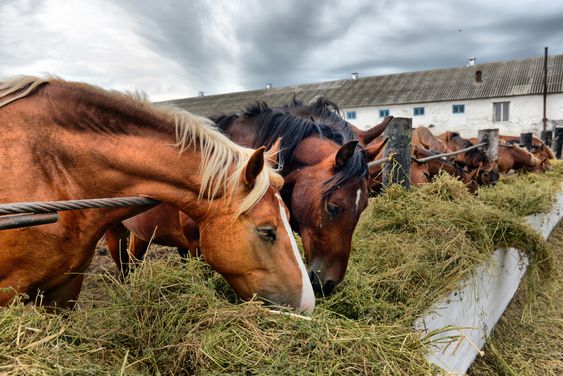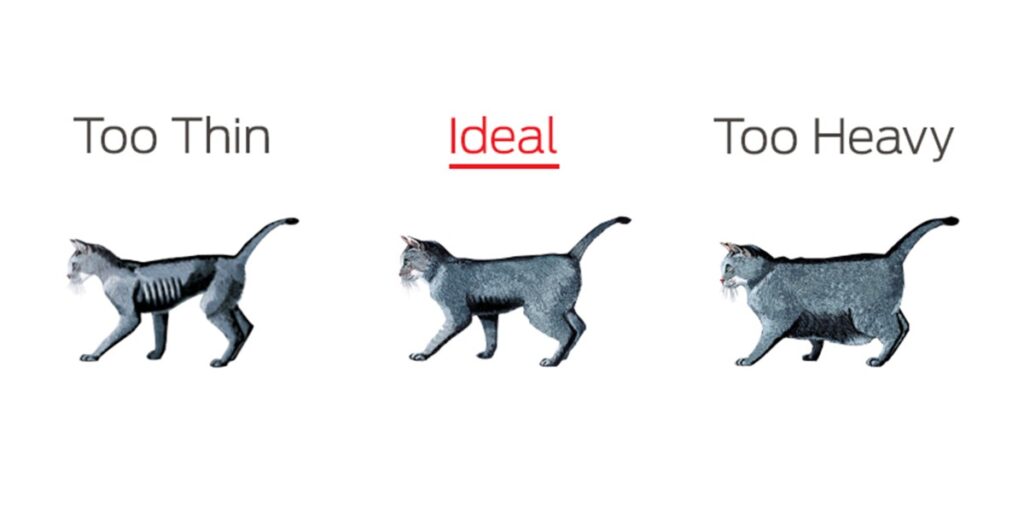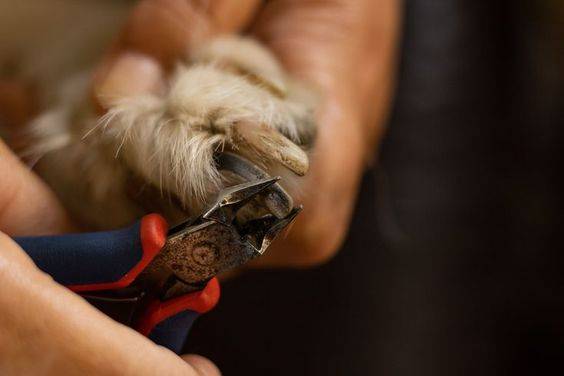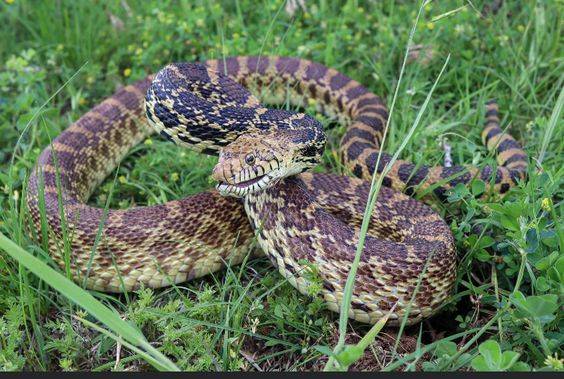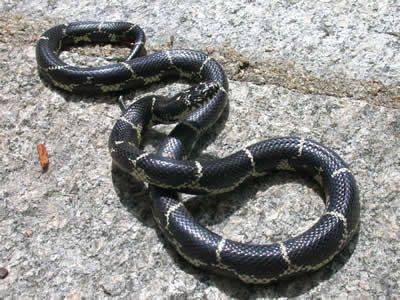Horses, majestic and powerful animals, require a balanced diet to maintain their health, energy, and performance. Understanding what horses eat and how to properly manage their diet is essential for any horse owner or caretaker. This comprehensive guide covers the fundamental aspects of equine nutrition, from forages and grains to supplements and treats, ensuring your horse receives the best possible care.
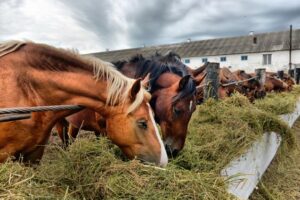
1. The Basics of horses eat
Understanding the horse’s Digestive System:
Horses are herbivores with a unique digestive system adapted to process large amounts of fibrous plant material. Their digestive tract includes:
- Mouth: Where chewing and initial digestion begin.
- Esophagus: Transports food to the stomach.
- Stomach: Holds a small volume, requiring frequent, small meals.
- Small Intestine: Absorbs nutrients like proteins, fats, vitamins, and minerals.
- Cecum and Large Intestine: Ferments fibrous material and absorbs water and electrolytes.
Key Nutritional Needs:
- Fiber: Essential for digestive health, primarily from hay and pasture.
- Protein: Necessary for muscle development and repair, found in legumes and grains.
- Fats: Provide concentrated energy, usually added as oils or supplements.
- Water: Crucial for all bodily functions, must be fresh and clean.
2. Forages: The Foundation of the Equine Diet
Hay:
Hay is a staple in a horse’s diet, providing the necessary fiber to keep their digestive system functioning properly. Types of hay include:
- Grass Hay: Includes timothy, orchardgrass, and brome. It is high in fiber and generally lower in protein and energy.
- Legume Hay: Includes alfalfa and clover. It is higher in protein, energy, and calcium compared to grass hay.
Hay Quality:
- Choose hay that is green, leafy, and free from mold, dust, and weeds.
- Store hay in a dry.
Feeding Guidelines:
- Horses eat should consume 1.5-2% of their body weight in forage daily.
- Ensure a consistent supply of quality forage to maintain digestive health.
3. Concentrates: Adding Energy and Nutrients
Grains:
Grains are energy-dense feeds used to supplement the diet, especially for horses eat with higher energy needs, such as performance horses. Common grains include:
- Oats: High in fiber and easily digestible.
- Corn: Energy-dense but lower in fiber.
- Barley: Intermediate in energy and fiber content between oats and corn.
Feeding Guidelines:
- Introduce grains and concentrate gradually to avoid digestive upset.
- Feed small, frequent meals to mimic natural grazing behavior.
- Adjust the amount based on the horse’s activity level, age, and body condition.
4. Supplements: Enhancing Health and Performance
Types of Supplements:
Supplements can address specific deficiencies or enhance overall health and performance. Common supplements include:
- Vitamins and Minerals: To balance any dietary gaps.
- Probiotics and Prebiotics: To support digestive health.
- Joint Supplements: Such as glucosamine and chondroitin.
- Electrolytes: To replace minerals lost through sweat in hot weather or during intense exercise.
- Fatty Acid Supplements: Like omega-3s for coat condition and anti-inflammatory benefits.
Consultation with a Veterinarian:
Always consult a veterinarian or equine nutritionist before adding supplements to ensure they are necessary and appropriate for your horse.
5. Water: The Essential Nutrient
Importance of Hydration:
Water is crucial for all bodily functions, including digestion, temperature regulation, and waste elimination. Horses eat need constant access to fresh, clean water.
Water Consumption:
- Horses drink 5-10 gallons per day.
- Consumption increases in hot weather, during lactation, and with increased activity.
6. Special Dietary Needs
Young Horses:
Foals and growing horses eat require higher levels of protein, calcium, and other nutrients for proper development.
- Provide a high-quality, balanced creep feed.
- Ensure access to quality forage and clean water.
Pregnant and Lactating Mares:
Nutritional needs increase significantly during late pregnancy and lactation.
- Increase protein and energy intake.
- Balanced diet with vitamins and minerals.
Senior Horses:
Older horses eat may have difficulty chewing and digesting food, requiring adjustments to their diet.
- Provide easily digestible feeds, such as soaked hay cubes or beet pulp.
- Use senior feeds formulated for aging horses.
Performance Horses:
Horses eat in intense training or competition need higher energy, protein, and electrolyte levels.
- Use performance feeds with added fat and balanced nutrients.
- Ensure proper hydration and electrolyte balance.
7. Treats: Rewards in Moderation
Healthy Treat Options:
Treats can be a great way to reward and bond with your horse, but they should be given in moderation to avoid digestive upset and weight gain. Healthy options include:
- Carrots and apples (in small, cut-up pieces to prevent choking).
- Commercial horse treats are formulated with balanced nutrients.
- Homemade treats using safe ingredients like oats and molasses.
Feeding Guidelines:
- Limit treats to no more than 10% of the daily diet.
Inference
Feeding horses eat a balanced diet is essential for their health, performance, and well-being. By understanding the basics of equine nutrition and following proper feeding guidelines, you can ensure your horse receives the nutrients they need to thrive. Regular consultation with a veterinarian or equine nutritionist can help tailor the diet to meet the specific needs of your horse, whether they are a growing foal, a performance athlete, or a beloved senior companion.
Remember, the key to successful horse nutrition lies in providing a varied diet rich in high-quality forages, supplemented with appropriate concentrates, vitamins, and minerals as needed. Consistent access to clean water and careful monitoring of your horse’s condition will help you make necessary adjustments and keep your equine friend healthy and happy for years to come.

